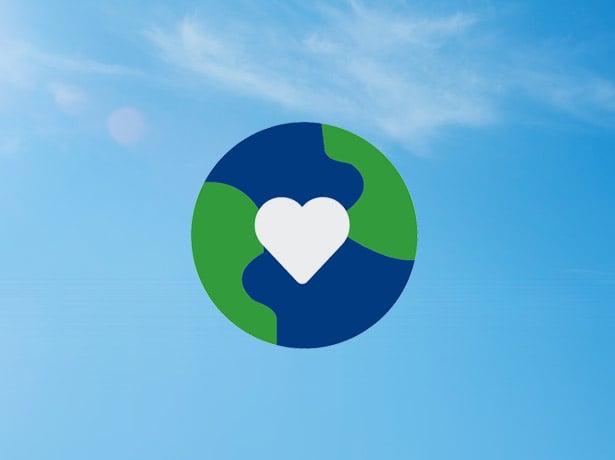Planet Passionate, our 10-year sustainability program is a driving force for reducing our environmental impact. Kingspan plants and operations across the globe are working each day to ensure they are meeting ambitious Planet Passionate targets for energy, carbon, circularity and water. We are making significant advances in the sustainability of both our business operations and our products.
Let’s take a closer look at some examples of how passion for the planet is driving positive change at our plants in North America.
Energy and carbon
To increase our use of direct renewable energy and maintain on our net zero energy target, Kingspan is working toward installing solar PV systems on all owned facilities by 2030 and increasing on-site generation of renewable energy to 60% by 2030.
Last year, a new PV solar roof was installed on our Modesto, California plant. These PV panels are generating approximately 1.4 MW of on-site electricity and serving 50% of the plants’ electrical needs. Powering the Modesto plant with renewable energy like this directly reduces the carbon intensity of the panels manufactured at the plant.
Work is currently underway to install a PV solar roof at our DeLand plant.
Circularity
Our Planet Passionate circularity targets are aimed at transitioning the company to a circular economy. To help achieve this, we are focusing on net zero waste to landfill by 2030 and working to upcycle 1 billion PET bottles into insulation by 2025. Contributing to the global effort, the Modesto plant is using upcycled PET plastic water bottles as a key raw material input for manufacturing Kingspan’s QuadCore® insulation.
Net zero waste to landfill initiatives are in full swing at our plants including our Langley, British Columbia. Mineral fiber waste, which accounts for nearly half of the waste generated at this plant, is now sent back to the supplier to make new products. A short-term waste-to-energy program ensures that any mineral fiber waste not sent back to the supplier does not end up in a landfill, but instead, creates an energy source that is cleaner than fossil fuels.
The Modesto plant is also making great strides on the zero waste to landfill target. A waste separation program diverts waste from the landfill with bins located onsite allowing metal, foam and general waste streams to be separated for recycling.
We are seeing success with a similar program at the DeLand plant. In 2020, roughly 39% of the waste generated at the plant went to landfill. In 2022 just 7% generated by the plant goes to landfill. The DeLand manufacturing floor separates waste using nine color-coded bins in order to facilitate easy recycling. Partnerships are also helping keep waste generated by the DeLand plant out of the landfill by turning waste into new products. We are partnering with other companies to upcycle foam scraps generated by the plant into ceiling tiles, exterior siding material and other products.
These recycling and partnership programs are being replicated at our other plants throughout North America.
Water
To conserve water usage, we are working toward a goal of harvesting 100 million liters of rainwater annually by 2030.
In North America, the DeLand plant will soon be completing an underground rainwater harvesting system that will collect water to meet 100% of factory and office needs.
These are just some of the Planet Passionate initiatives at our North America plants that are currently helping mitigate the impacts of climate change and protect our natural world.
Watch this space to hear more news about the ways Planet Passionate is inspiring positive change at our plants.


